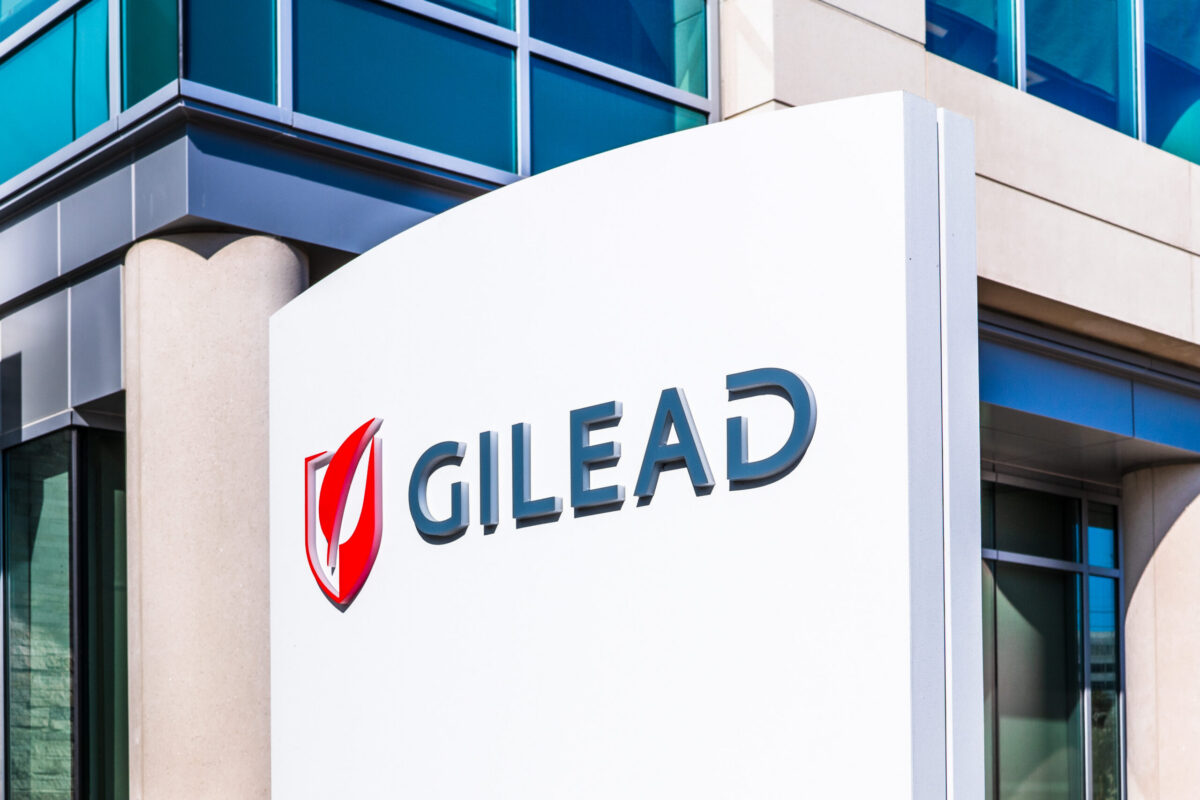Heartflow, Inc. has completed its upsized initial public offering (IPO), raising approximately $364.2 million in gross proceeds.
The offering included 19,166,667 shares at $19 each, with underwriters fully exercising their option to purchase an additional 2.5 million shares.
Shares began trading on the Nasdaq Global Select Market under the symbol “HTFL” on August 8, 2025.
Current Share Price:
Research continues to support the role of AI in cardiac imaging, particularly in CT and MRI. A 2025 scientific statement noted that AI tools can enhance the clinical value of coronary CT angiography (CCTA) by assessing blood flow and identifying plaque types. Other AI applications are also in development to detect calcium buildup and signs of reduced blood flow (ischemia) on MRI and monitor heart motion over time.
Heartflow applies these innovations to coronary artery disease (CAD), a leading cause of death and a major driver of cardiovascular disease, which accounted for one in every three deaths in 2023.
The company’s AI-powered platform enhances standard CCTA by converting scan data into personalized 3D heart models. These models help clinicians evaluate blood flow, plaque burden and plaque composition — key factors that inform diagnosis and treatment.
Currently, Heartflow offers three AI-based tools as part of its platform:
- RoadMap Analysis provides a clear view of the arteries, helping doctors identify areas needing attention
- FFRCT Analysis measures how much blood flow is reduced by blockages
- Plaque Analysis quantifies the volume and type of plaque in the arteries
A fourth tool, PCI Planner, is expected to launch in 2026 to help doctors plan procedures such as stent placements or other interventions to restore blood flow.
Heartflow’s technology has been used to assess CAD in over 400,000 patients, including 132,000 in 2024. FFRCT remains the company’s primary revenue source and is covered under an existing US billing code. Plaque Analysis received FDA clearance in 2022 and will have its own reimbursement code starting January 2026.
The platform is already in commercial use in the UK, European Union (EU), Canada and Japan, with regulatory approvals across parts of the Middle East and Asia-Pacific.
Related: Medical Device and Medtech IPOs of 2025: Driving Smarter, More Personalized Care
In 2024, Heartflow generated $125.8 million in revenue, a 44% increase from 2023. Revenue grew another 39% year-over-year in Q1 2025.
IPO proceeds will support further adoption of the Plaque Analysis tool, development of new clinical applications, expansion of the AI platform and generation of additional evidence to support reimbursement and coverage. Global expansion is also a priority.
While Heartflow focuses on blood flow, plaque burden and plaque composition in CAD, other companies are exploring different aspects of cardiovascular health.
Philips partnered with Myocardial Solutions in early 2025 to enhance cardiac MRI for cancer patients at risk of heart damage from treatment, aiming to detect dysfunction in under 10 minutes.
Meanwhile, Cleerly recently showcased its FDA-cleared coronary CT analysis software at a Chicago health fair, using mobile scanners to detect coronary plaque in underserved communities.
As AI-driven cardiovascular imaging steers diagnosis toward greater personalization, Heartflow is helping lead this shift — moving beyond traditional stress testing and toward precision diagnostics, all from a single CCTA scan.
If you want your company to be featured on Xtalks.com, please email [email protected].












Join or login to leave a comment
JOIN LOGIN